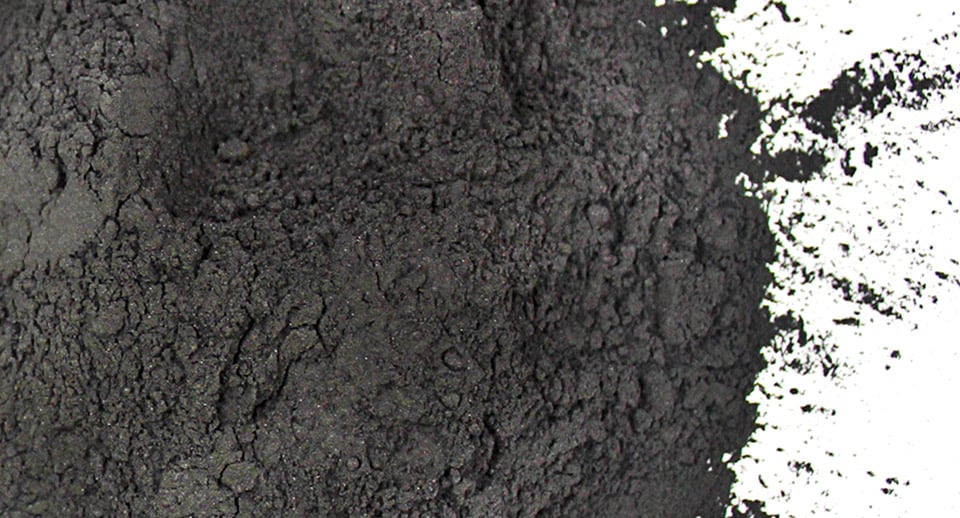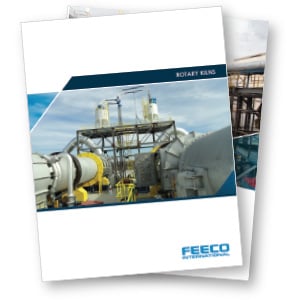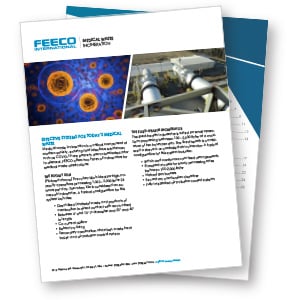Organic combustion is a thermal processing technique used to reduce organic wastes down to an ash of significantly lower volume and mass. This process may also be referred to as incineration.
MATERIALS COMMONLY TREATED VIA ORGANIC COMBUSTION
Organic combustion can be used to treat a variety of wastes for beneficial reuse applications, or for reduced transport costs when depositing into landfill. It is often used with:
- Industrial hazardous wastes
- Wood and wood by-products
- Biosolids
- Manure
- Agricultural residues
- Food waste
THE ORGANIC COMBUSTION PROCESS
Organic combustion breaks down organics in an excess air combustion environment, leaving behind ash and producing heat that can be utilized elsewhere.
CUSTOM ORGANIC COMBUSTION KILNS
Organic combustion is frequently carried out in a rotary kiln. Since in most cases, materials will be deposited into a landfill, product quality is not a concern and direct contact between the material being processed and the burner flame is acceptable. Therefore, a direct-fired kiln without a combustion chamber is the most typical kiln configuration utilized in this setting.
Rotary kilns for organic combustion must be expertly designed to not only carry out the reaction, but also to accommodate the heat generated during the reaction. Since the remaining material is of no value, focus centers around maximizing system efficiency to minimize operating costs.
SERVICES
As a leader in advanced thermal processing methods and equipment, FEECO is able to offer comprehensive support for every aspect of the organic combustion process, from concept to optimization. In addition to custom equipment design and manufacturing, our services include:
BATCH/FEASIBILITY AND PILOT-SCALE TESTING
The FEECO Innovation Center is a unique testing facility where we can test your material at both batch and pilot scale in order to work out process variables and design commercial-scale units, as well as scale up the process. While the needs of every project are unique, testing generally follows the stages below:
Feasibility/Proof of Concept: An initial, non-witnessed batch testing phase in which the possibility of creating a product is explored.
Proof of Product: A more in-depth batch testing phase in which more time is spent determining whether a product can be made to desired specifications.
Proof of Process: A continuous testing phase that aims to establish the equipment setup and parameters required for continuous production of your specific material.
Process/Product Optimization: An in-depth study to optimize your specific material’s characteristics and/or production parameters in an industrial setting.
PROCESS TRAINING
Our extensive experience in processing hundreds of materials and derivatives leaves us unmatched in industry knowledge. Our Process Engineers travel the world to train our customers on their unique organic combustion production line.
PARTS & SERVICE
The FEECO Customer Service Team provides comprehensive services to keep your equipment and process running reliably and efficiently. This includes:
- Process optimization
- Audits and inspections
- Spare parts
- Maintenance procedures
RESOURCES
ROTARY KILN ARTICLES
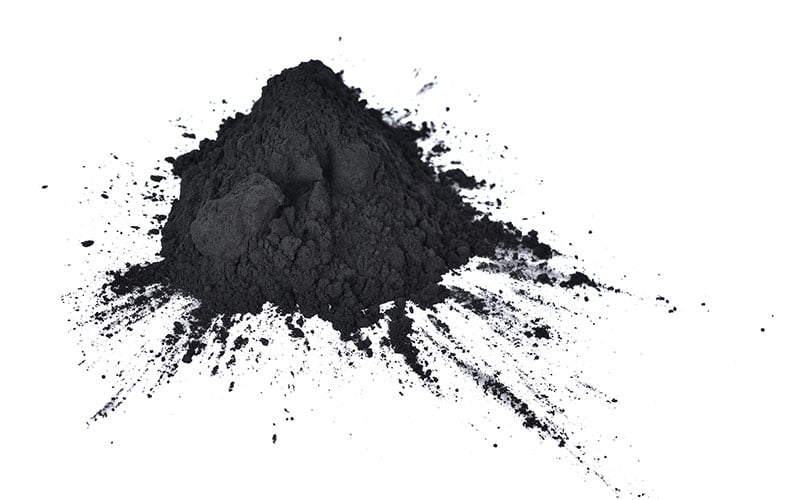
From Waste to Resource: The Role of the Pyrolysis Kiln in Black Mass Recycling
The pyrolysis kiln looks to be an effective approach in recycling black mass – the powdery mixture of key battery minerals …
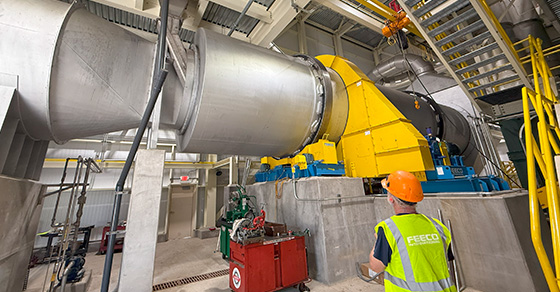
Making the Switch from Reactive to Preventive Maintenance
The benefits of a preventive maintenance program are well documented – reduced downtime, lower maintenance costs, improved safety, and longer equipment …

